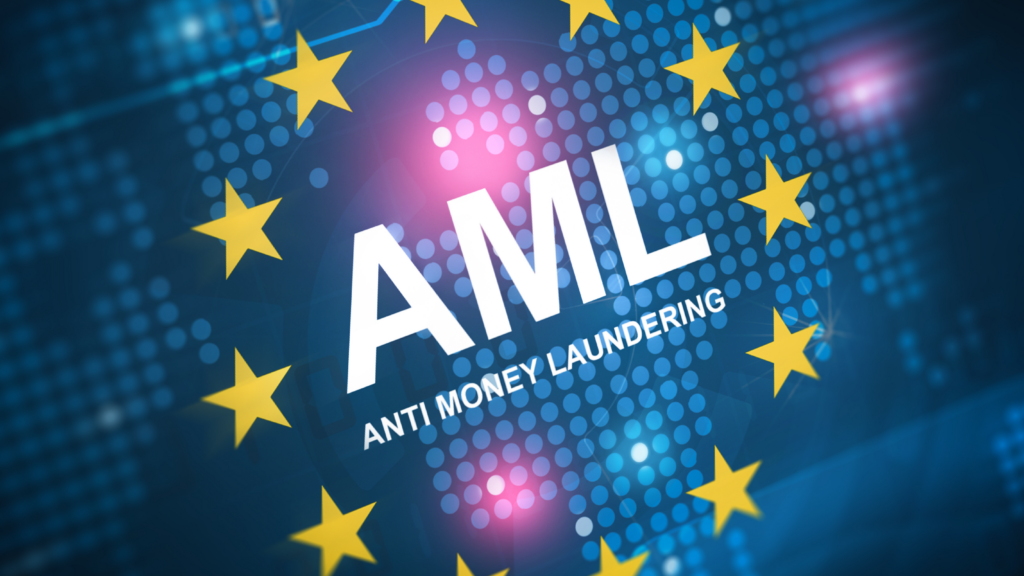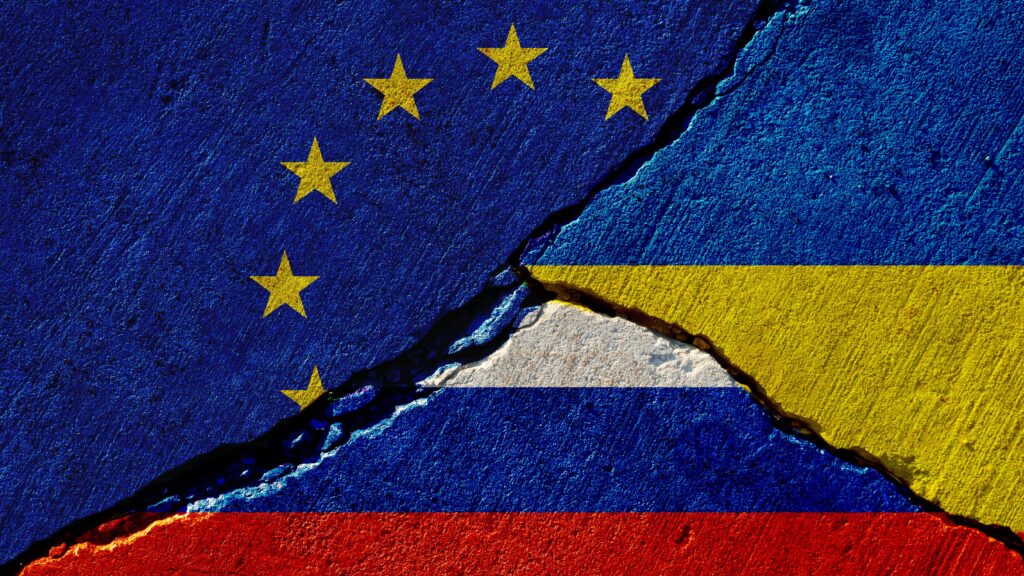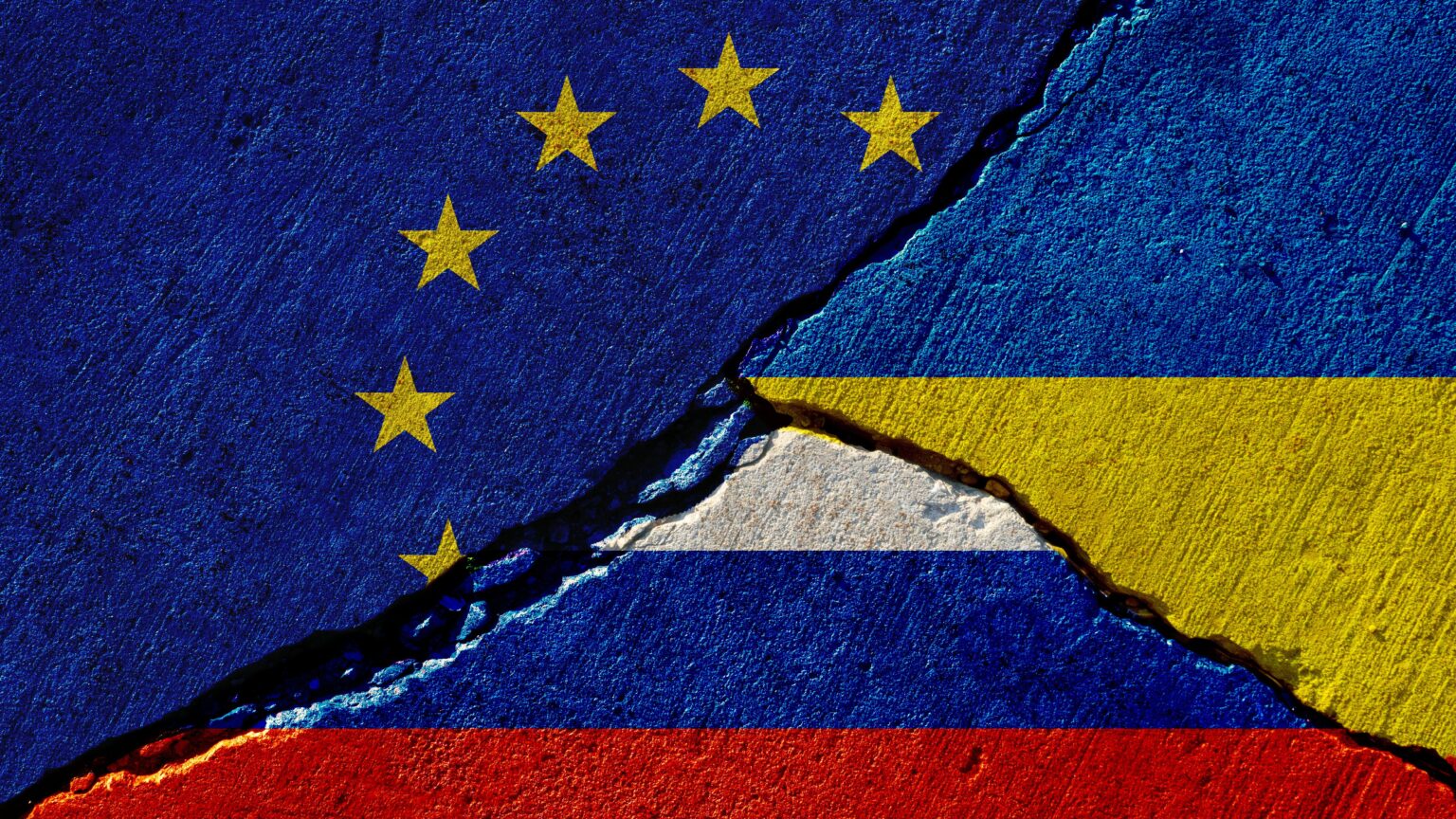Anti-Financial Crime
Strengthening Sanctions -
How the EU’s 15th Package Addresses Russia's Shadow Fleet
Russia’s persistent efforts to bypass the oil price cap have prompted the European Union to take decisive action in its 15th sanctions package. This new set of measures targets loopholes that have enabled Russia to continue exporting oil and sustaining its revenues. By blacklisting 52 additional vessels—bringing the total to 79—the EU is focusing on Russia’s shadow fleet, a network of aging, underregulated ships central to its evasion strategies. This initiative has the potential to increase the cost and complexity of sanctions evasion while addressing the significant safety and environmental concerns associated with these high-risk vessels.
Sanctions Evasion: How Russia’s Shadow Fleet Operates
Russia’s shadow fleet consists of a network of vessels operating discreetly to circumvent international sanctions and continue exporting energy, especially oil. These ships use various methods to hide their movements and avoid detection, ensuring the continuity of Russia’s oil trade despite restrictions. Understanding these tactics emphasizes the critical role of the EU’s 15th sanctions package in addressing the situation.
- Exploiting Registration Loopholes: Many vessels in the shadow fleet are registered in countries that aren’t part of the price cap agreement. Ownership is often obscured through shell companies, making it challenging to trace the true operators behind the ships.
- Disabling Tracking Systems: Ships often deactivate their Automatic Identification Systems (AIS), which are required for tracking maritime movements. This tactic prevents authorities from following their routes or monitoring the origin of the cargo.
- Ship-to-Ship Transfers: Oil is transferred between vessels at sea to obscure its origin. This creates a complicated and opaque trail, making it harder to trace the source of the cargo.
- Relying on Non-Compliant Services: Russia turns to service providers from countries outside the price cap agreement for insurance, financing, and logistics, allowing the shadow fleet to operate without adhering to international regulations.
- Forging Documentation: The documentation for the oil cargo is often falsified, misrepresenting details such as the origin, destination, and price. This helps Russia appear to comply with sanctions while continuing to profit from oil exports.
How the EU’s New Measures Disrupt Evasion
Other Key Actions in the EU’s 15th Sanctions Package
- Expanded Listings: 84 new listings, including 54 individuals and 30 entities, have been added. These include Russian military companies involved in manufacturing components for weapons, drones, and other military equipment. Senior managers in the Russian energy sector, as well as individuals and entities supporting the war, are also targeted. For the first time, the EU sanctions seven Chinese individuals and entities involved in facilitating the circumvention of EU sanctions.
- Stricter Trade Restrictions: 32 companies, including Russian, Chinese, Serbian, Iranian, Indian, and UAE firms, are added to the sanctions list. Stricter export controls on dual-use goods and advanced technologies are now applied to these companies, reducing their ability to support Russia’s military-industrial complex.
- Protection for EU Operators: The EU has introduced measures to protect EU companies from Russian court rulings that could affect disputes with Russian firms. A prohibition on recognizing or enforcing Russian court decisions ensures that EU firms are not unfairly penalized. Additionally, the EU has extended derogations that allow businesses more time to divest from Russia.
- Financial Sector Measures: The package includes provisions to safeguard EU Central Securities Depositories (CSDs) from Russian retaliatory actions, such as asset seizures. A new derogation allows the release of frozen cash balances, and a no-liability clause ensures EU CSDs are not held accountable for compensating the Russian central bank beyond contractual obligations.
Conclusion

Negin Ajam
If you have any questions about navigating these sanctions or need compliance advice, don’t hesitate to get in touch. We’re here to provide expert guidance to help your business adapt to these changes.
Other articles
Sources:
https://ec.europa.eu/commission/presscorner/detail/en/ip_24_6430









